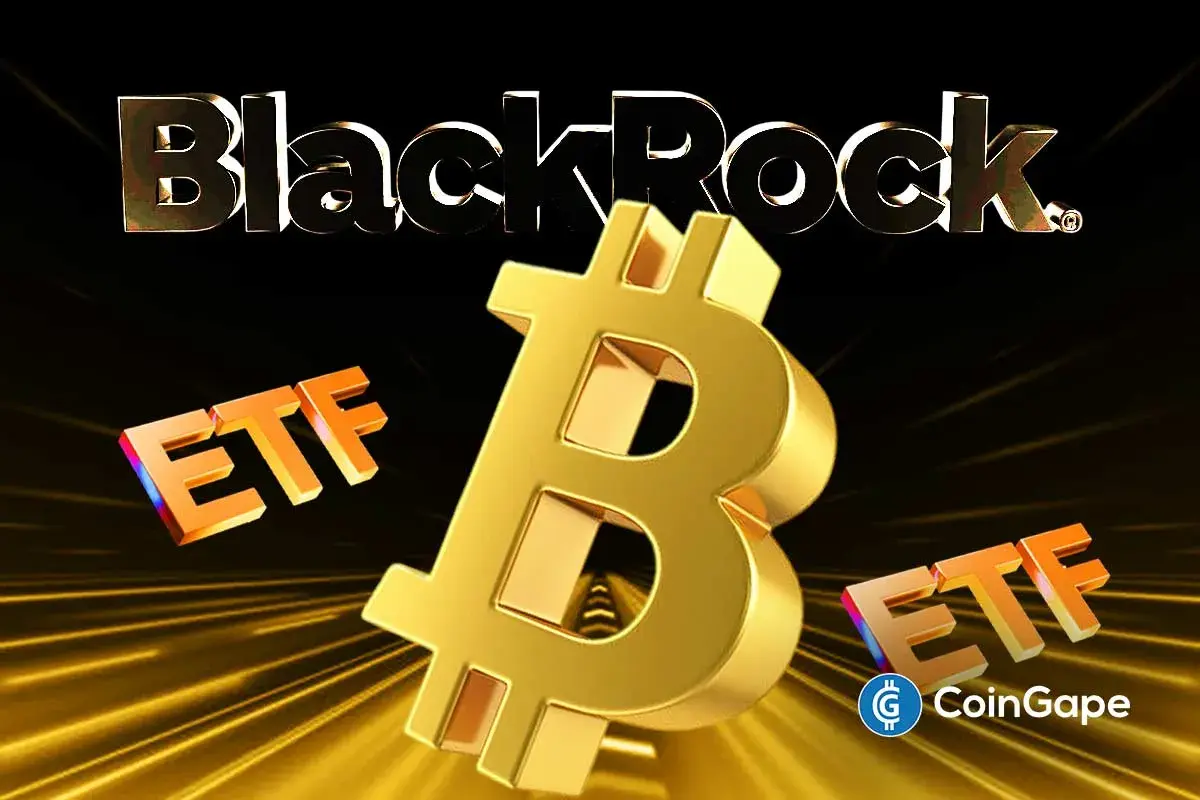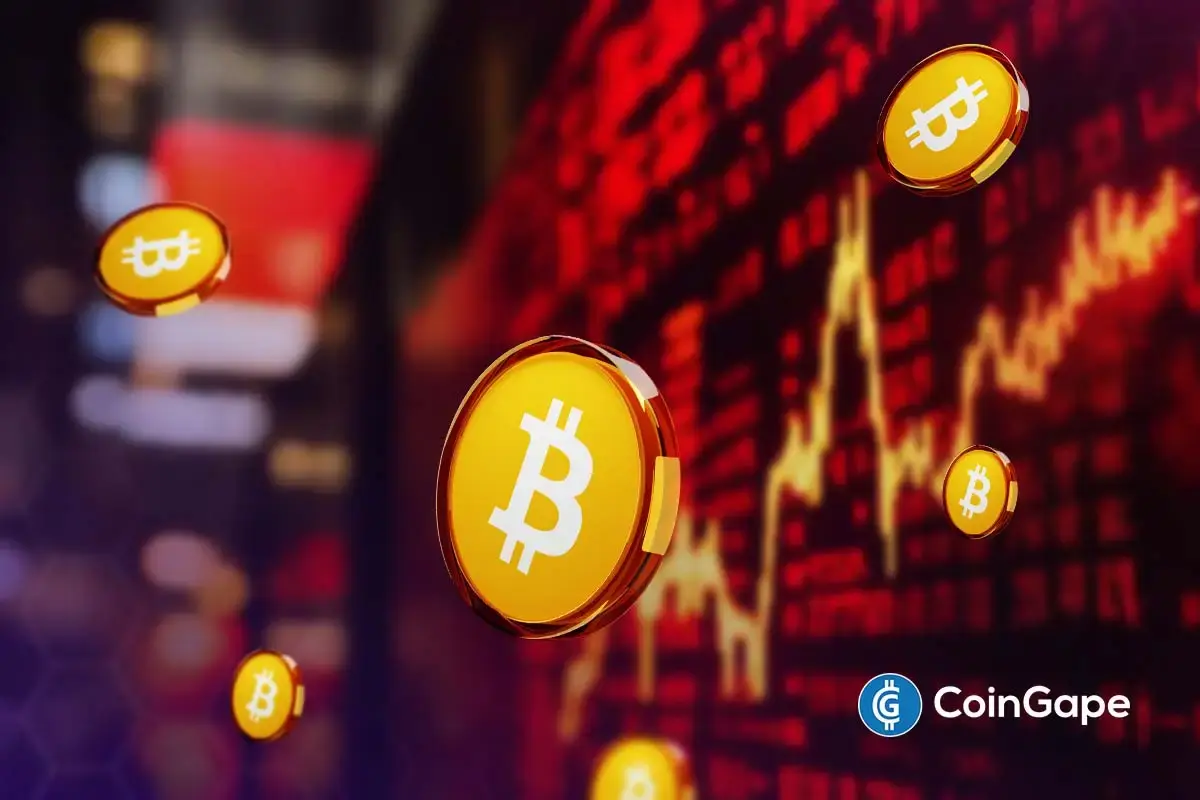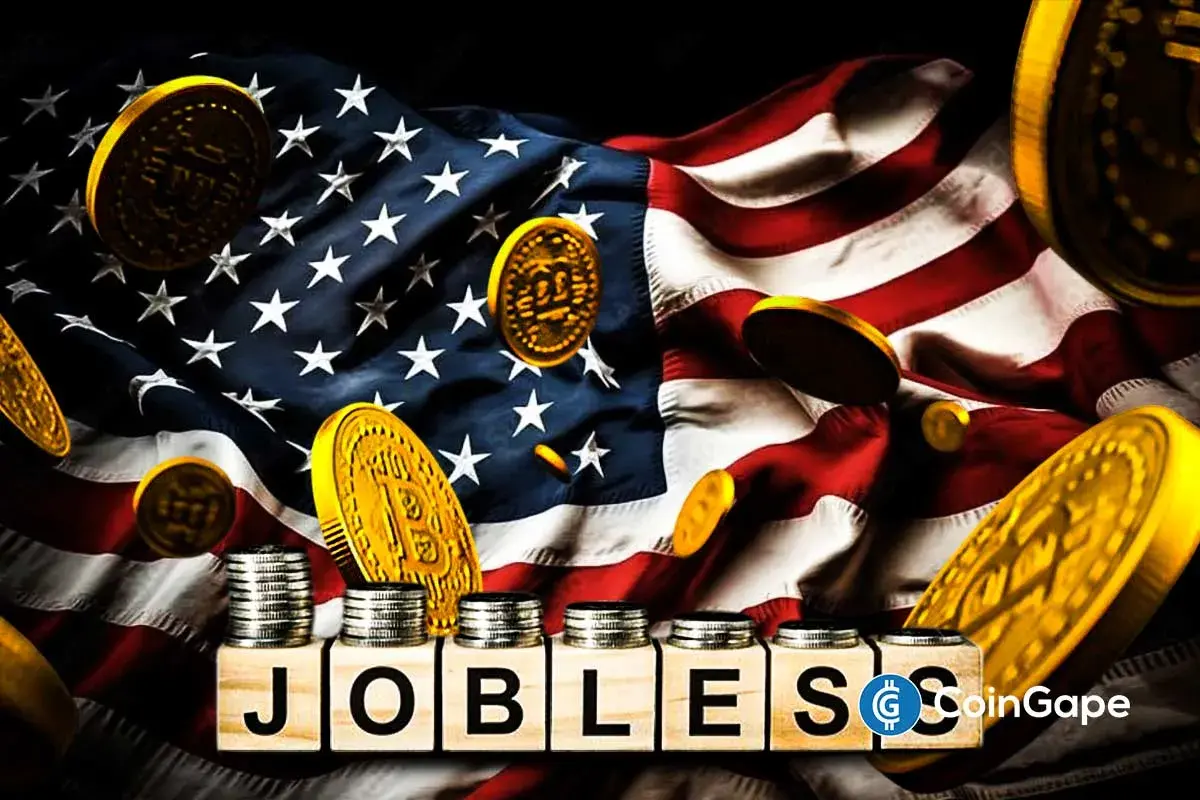Blockchain 2.0 is basically an extension of blockchain 1.0 as it emphasises the decentralization of businesses or markets via smart contracts and enhanced security as well as transparency.
Blockchain 2.0 is based on the concept of swapping values in a decentralized and peer-to-peer fashion.
Instead of only focusing on the decentralization of crypto payment gateways, blockchain 2.0 uses technology to facilitate the decentralization of markets in general, thus permitting for the exchange of other kinds of assets including intellectual property, different artworks, certificates, cars, rights, and responsibilities in real estate.
The purported creator(s) of the blockchain Satoshi Nakamoto predicted in 2010 that blockchain technology will bring a major turnaround to payment procedures.
Blockchain 2.0 is developed on the notion of exchanging value in a decentralized manner.
Smart Contracts and blockchain technology:
Smart contracts are terms in lines of code offered by blockchain technology. These codes can be injected as elements of an input in a blockchain 2.0 program. Usually, data recorded on blockchain 2.0 applications must be legal and in line with the relevant legislation. These mostly require certification from some government body or local authorities.
Blockchain 2.0 has offered various alternatives to crypto miners and cryptocurrencies have also experienced significant growth due to Blockchain 2.0.
While Blockchain 1.0 can be viewed as the TCP or IP transport layer, Blockchain 2.0 can be viewed as HTTP, SMTP and FTP. In this context blockchain 2.0 apps are akin to browsers, social networks and file-sharing services.


 Buy $GGs
Buy $GGs






